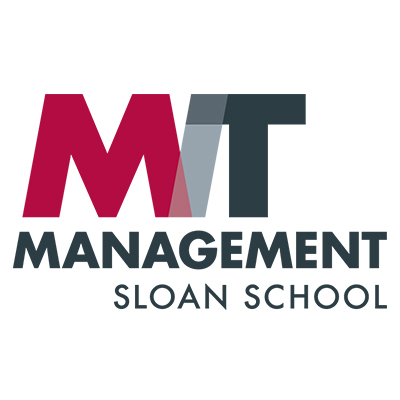The Benefits of Deferred Admission Programs (Like HBS’s 2+2)
/Top-tier MBA Programs such as Harvard Business School, Stanford GSB, Wharton, and others allow some applicants to apply for their MBAs while still in college, many years in advance of when they would actually attend. Applying to these programs comes with enormous benefits, such that if you're still in college and think you might like to go for an MBA sometime in the future, you should absolutely apply now while you're still in school. The deadlines for these programs are generally in March and April, so now is the time to get started on your applications! If you're undecided, here are just a few of the benefits you can expect from applying now:
Hedges career risk
Having an admissions offer from a top business school in your back pocket is the ultimate hedge to your career risk. Post-MBA salaries are consistently attractive ($140,000 starting base salary for consultants) because prestigious firms across industries are always looking for top talent from business schools. There really is no downside. Consider the following scenarios once you have your deferred admissions offer in hand:
- Laid off from your job after college? No problem! Just bide your time until it’s time to attend business school, recruit for a prestigious job and get your career back on track.
- Discover that you hate your first job and need to change industries in a hurry? No worries – that’s the whole point of going to business school, and you won’t have to have an awkward conversation with your boss when you follow through on your preexisting career plan.
- Love your job and have great success in it? That’s awesome! In that case maybe you won't need business school. Just decline your admissions offer and continue killing it at life.
Career boost from b-school prestige
You may have never sat through one MBA class at HBS, but with that deferred 2+2 offer of admission on your LinkedIn profile, you can still benefit from the enhanced prestige that brings. Employers who may otherwise be skeptical of your abilities might be more willing to take a risk on hiring you given both the selection signal from HBS and because they know that you will be able to enhance their brand reputation, both by talking up the company among the student body and by allowing them to count an HBS student as an alumnus of their analyst class. Some employers may even make prospective assumptions of your analytical abilities and excel skills based on what they expect you would have had to know in order to get into the school.
MBAs are mostly about brand names and prestige – a deferred admission program essentially gives you more years to enjoy those attributes.
Less competitive peer set
Consider the typical applicants to Stanford GSB – they are consultants from Big-3 firms, bankers from the biggest brands on Wall Street, and VCs from the most famous funds. They have spent years racking up accomplishments, leadership, prestigious work experience, and desirable skills. Competing against them requires something truly special.
Now consider the peer group for those applying to its Deferred Enrollment program: they are all just college students. Sure they may go to great schools, with high GPAs and strong test scores, but their resumes are relatively bare. They are being admitted on the prospect of the accomplishments they may achieve, rather than for services already rendered. In this case, your ability to gain admission depends much more on the narrative story you tell -- something you have full control over (ask us why) -- rather than the twists and turns of a career you don’t always have the power to control.
Two bites at the apple
Deferred enrollment or the traditional admissions process? Why not both? MBA programs tend to love reapplicants so applying to 2+2 just gives you an extra chance to get in, in addition to applying after a little bit of work experience. In that way, applying now essentially doubles your chance of admission. With programs like HBS accepting only 11% of candidates, you should use every advantage you can get.
Flexibility on when to attend
HBS calls its deferred admissions program 2+2 on the idea that applicants will spend 2 years working before enrolling in the 2-year MBA program. However, that first 2 is more of a “2-ish”. HBS just wants you to have at least 2 years of work experience and will let you come back after 2, 3, or even 4 years. This gives you a tremendous amount of flexibility to attend business school when it is best for your career. In contrast, HBS almost never allows its traditional applicants to defer an offer of admission from one year to another. If things change in that case, you’re going to be in the difficult position between declining an exciting career opportunity and declining a spot in HBS that you might never get back.
Don’t make that mistake. Apply to a deferred program if at all possible.



















